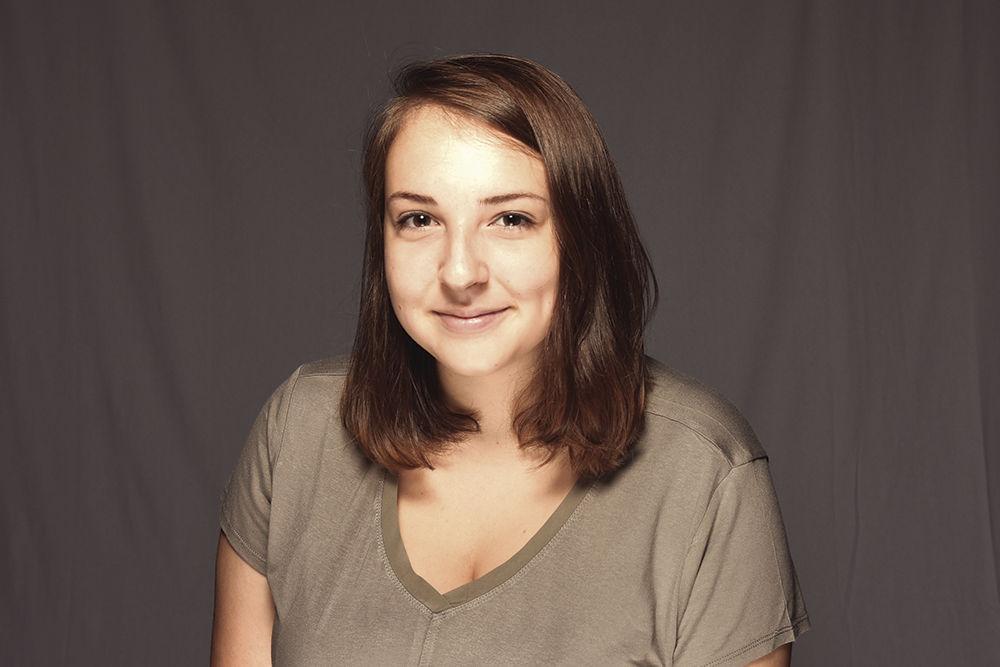
Rachel Smith
Friday marks two years since the lives of three people were taken by the ignorance of a man without the compassion for human life.
In the early evening of Feb. 10, 2015, Deah Barakat, his newlywed wife Yusor Abu-Salha and her younger sister Razan Abu-Salha were shot and killed in the couple’s Chapel Hill home.
The morning after the murders, the Chapel Hill Police Department released a statement that said its preliminary investigation indicated that the crime had been motivated by an “ongoing neighbor dispute over parking.”
However, soon after, what was clear to most became apparent to the world; Deah, Yusor and Razan’s deaths were motivated by prejudice, hatred and unwarranted fear.
In the words of Technician’s 2015-16 Editorial Board, “Perhaps in this country we make it too easy to think of certain people as less than people, to think of certain lives as worthless in the shadow of the ‘greater good’ and to think that a parking space is worth the cost of three innocent American lives.”
Deah, Yusor and Razan, who were devout Muslims, were known for their community service, generosity and aspirations.
Twenty-three-year-old Deah, who graduated from NC State in 2013, was in his second year at UNC-Chapel Hill’s School of Dentistry. At the time of his death, Deah was fundraising money to travel to Reyhanli, Turkey through Project Refugee Smiles, a program he had organized to provide dental care to Syrian refugees.
His wife of six weeks, 21-year-old Yusor, was to follow in his footsteps. After graduating NC State in the fall of 2014, Yusor planned to attend UNC-CH’s dentistry school the following year, alongside her husband. Yusor also cultivated strong friendships with others in her community and often spoke out against the stereotypes of Muslim-Americans.
Yusor’s 19-year-old sister, Razan, was a sophomore studying architecture at NC State, who in her free time organized events to feed the homeless in the Triangle.
Throughout their lifetime and in their death Deah, Yusor and Razan inspired more than just the hatred from a man they barely knew.
Less than a week ago the Light House Project, a community center aimed at fostering the ideas of local youth and up-and-coming entrepreneurs, was launched in honor of Deah and an idea he had during the summer of 2014. Endowments, scholarships and donations have been established and distributed to students, youth programs, food drives and more.
Most importantly, Our Three Winners started a conversation, and communities have come together through grief, prayer and hope of continuing the legacy of Deah, Yusor and Razan — a legacy that thrives off of standing in solidarity, not exclusion.